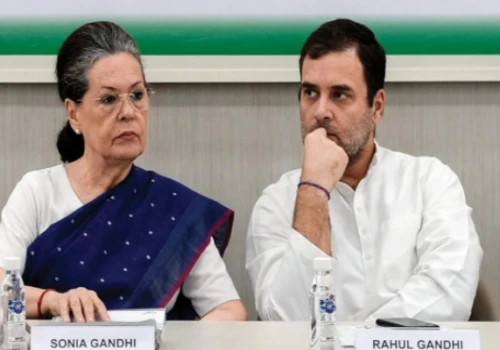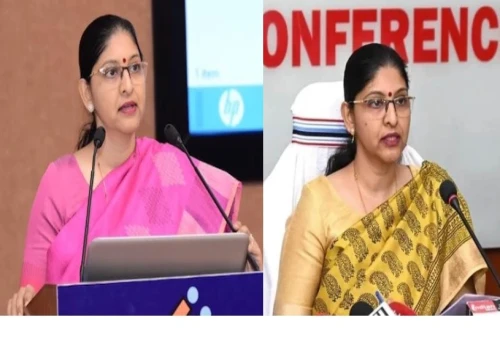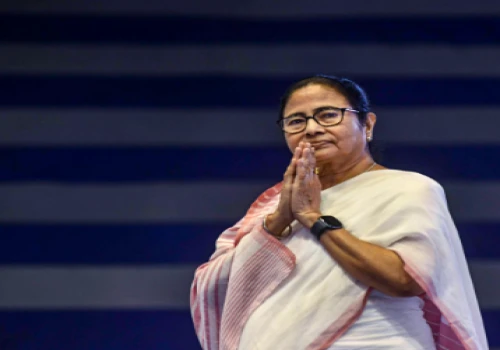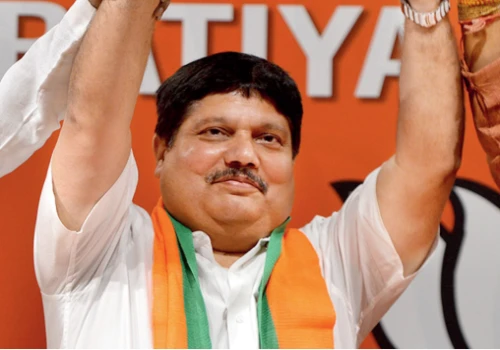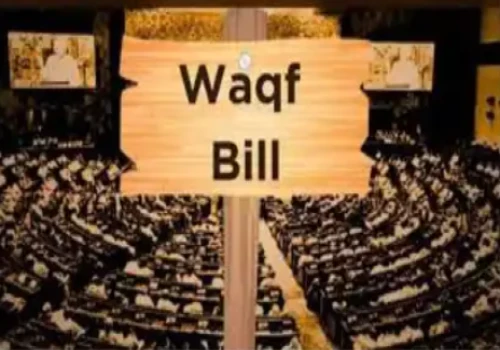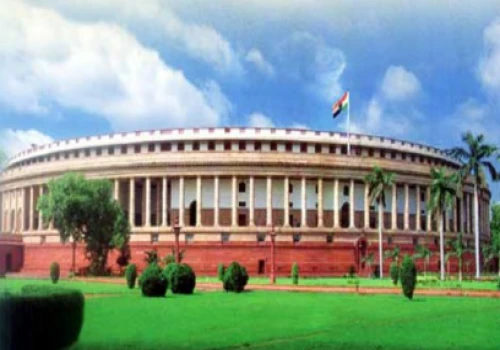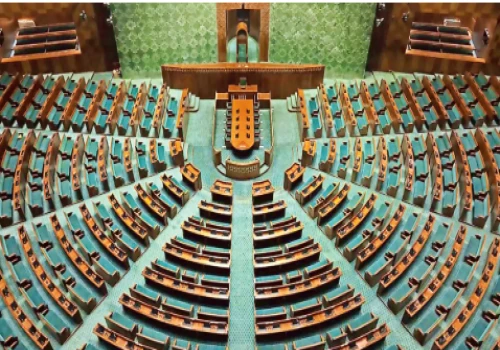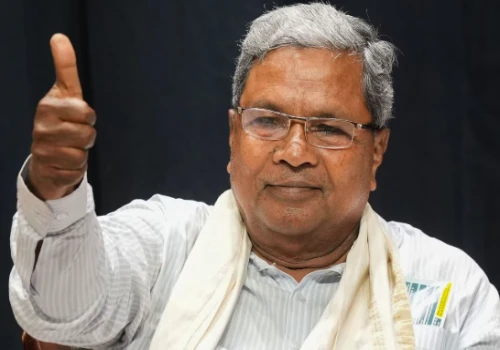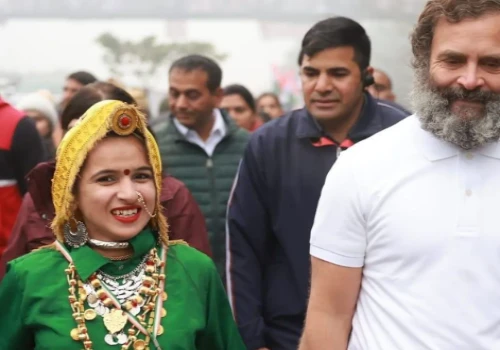_2100_x_1470.webp)
The parties currently in power in various states, having previously contested against the Congress, face a straightforward dilemma – reuniting with the Congress could result in the loss of their voters. This concern prompted Akhilesh Yadav, Mamata Banerjee, and Kejriwal to raise alarms about seat-sharing arrangements. Despite initial reservations, Mamata Banerjee, Akhilesh, and Kejriwal appear to have reached compromises within their respective states. However, this compromise may come at a significant cost for the Samajwadi Party in Uttar Pradesh and the Trinamool Congress in West Bengal. The looming question revolves around the willingness of these party's voters to align with the Congress again. These parties, formed as alternatives to the Congress or stemming from state formation movements that the Congress opposed, now face the challenge of retaining their distinct identity while considering potential alliances.
Moreover, Kejriwal has astutely acknowledged the prevailing political dynamics in Delhi, where the BJP appears poised to secure victory regardless of his efforts. Consequently, he has pragmatically allocated some seats to the Congress, fostering a temporary reconciliation for the upcoming elections in the capital. However, this strategic move did not extend to Punjab, where the Aam Aadmi Party (AAP) recognizes a significant shift in voter sentiment away from the Congress and the Akali Dal.
The AAP's decision not to engage in any compromise with the Congress in Punjab stems from their realization that a substantial number of disgruntled voters have already transitioned to their party, and this trend is likely to intensify in the current political landscape. Unlike Kejriwal's cautious approach, both Akhilesh Yadav and Mamata Banerjee appear to have overlooked this critical factor, potentially paving the way for the BJP to capitalize on their miscalculations.
Examining a different scenario, Nitish Kumar attempted to forge an alliance with Naveen Patnaik during his stint with the INDIA Alliance. However, Patnaik, cognizant of the potential repercussions, refrained from altering his political stance. He understands that aligning with the Congress, the very party he opposed, could jeopardize his longstanding political stronghold that has endured for over two decades. Consequently, Patnaik remains resolute in avoiding such a detrimental mistake.
In contrast, the missteps of Akhilesh Yadav and Mamata Banerjee in forming alliances with the Congress are poised to benefit the BJP, as the political landscape takes shape in the lead-up to the elections.
Although Uttar Pradesh has unequivocally rejected Congress in the last two elections, Akhilesh Yadav's decision to share seats with the party for the upcoming elections seems to be digging a deeper grave for both. This move enhances the likelihood of the BJP securing maximum seats in Uttar Pradesh. There is a significant risk that voters disinterested in both BJP and the SP-Congress alliance may opt for the BSP. In constituencies where BJP faces defeat, the BSP could emerge as a beneficiary, leaving both the SP and Congress with substantial losses.
Significantly, during Narendra Modi's current visit to West Bengal, he has notably taken a strong stance on the Sandeshkhali issue, openly criticizing Mamata Banerjee. Prime Minister Narendra Modi had remained silent on the matter for a considerable period, making his recent comments carry added weight. Mamata Banerjee now finds herself in a precarious position, grappling with the repercussions of Modi's pointed criticism.
The situation becomes more complex as Congress leader Adhir Ranjan Chaudhary vehemently opposes Mamata Banerjee, consistently advocating for the imposition of President's rule due to concerns over law and order. The alliance forged between the Congress and the Trinamool Congress, led by Mamata Banerjee, is poised to be a costly decision for both parties. Narendra Modi understands the public's reluctance to accept a scenario where Congress criticizes Mamata Banerjee on the Sandeshkhali issue while simultaneously aligning with her party.
In the backdrop of the BJP's substantial gains against the Trinamool Congress in the previous Lok Sabha elections, Mamata Banerjee's party is now facing an even greater challenge. The public sentiment, particularly among Hindus, is anticipated to unite against the Trinamool Congress, amplifying the potential impact of the Sandeshkhali issue. As political dynamics unfold in West Bengal, the alliance between Congress and Trinamool Congress may prove to be a strategic miscalculation, providing an opportunity for the BJP to capitalize on the dissonance within the opposition and make significant inroads in the upcoming elections.


